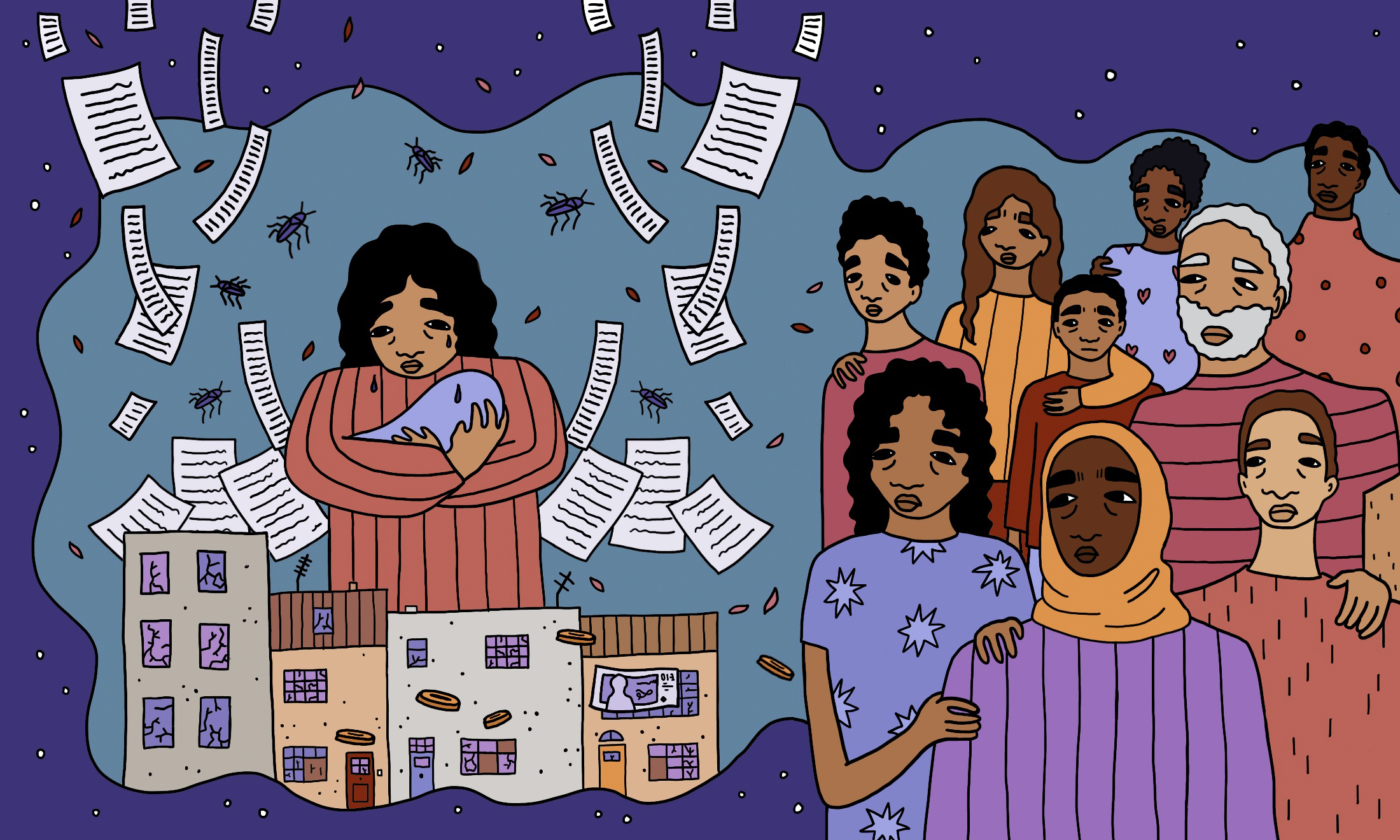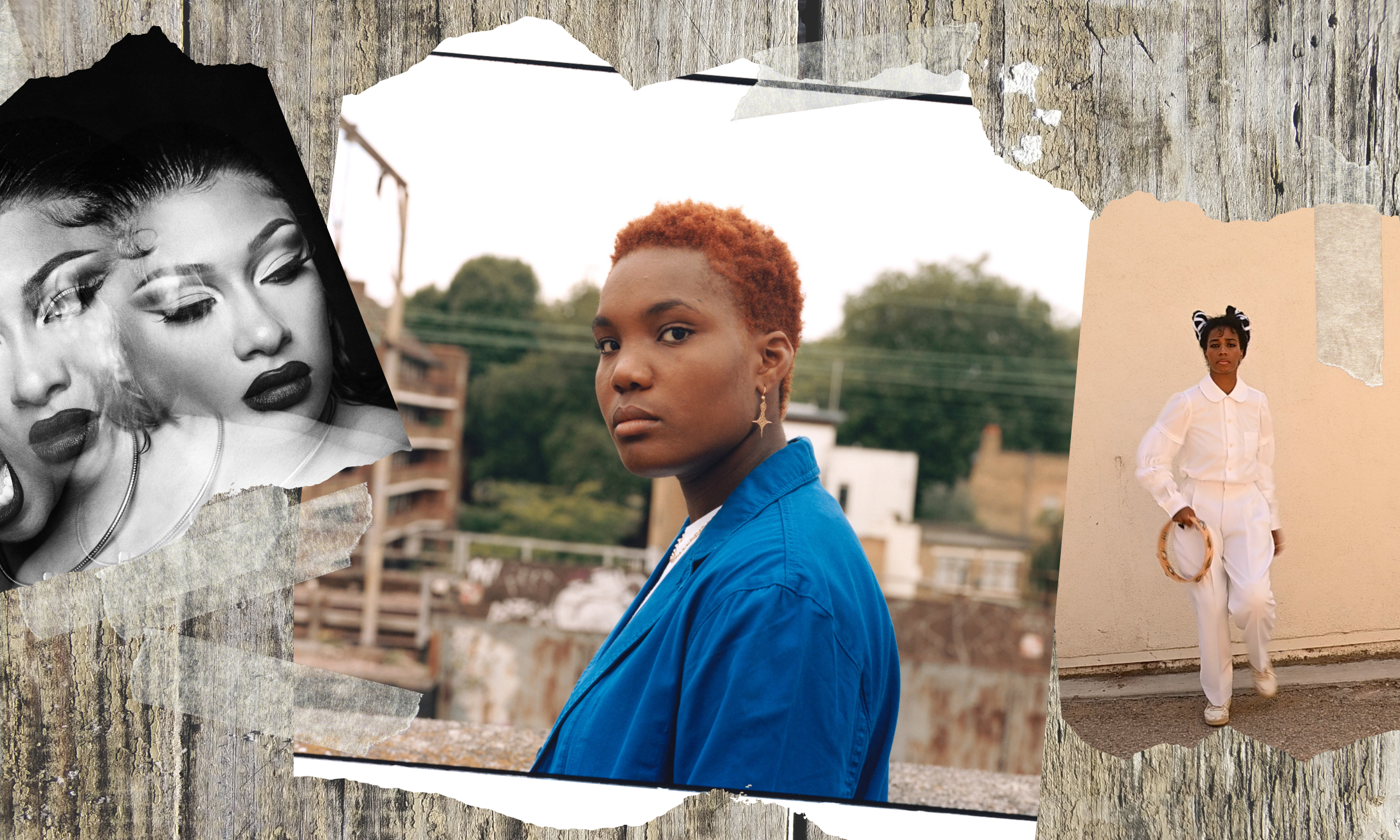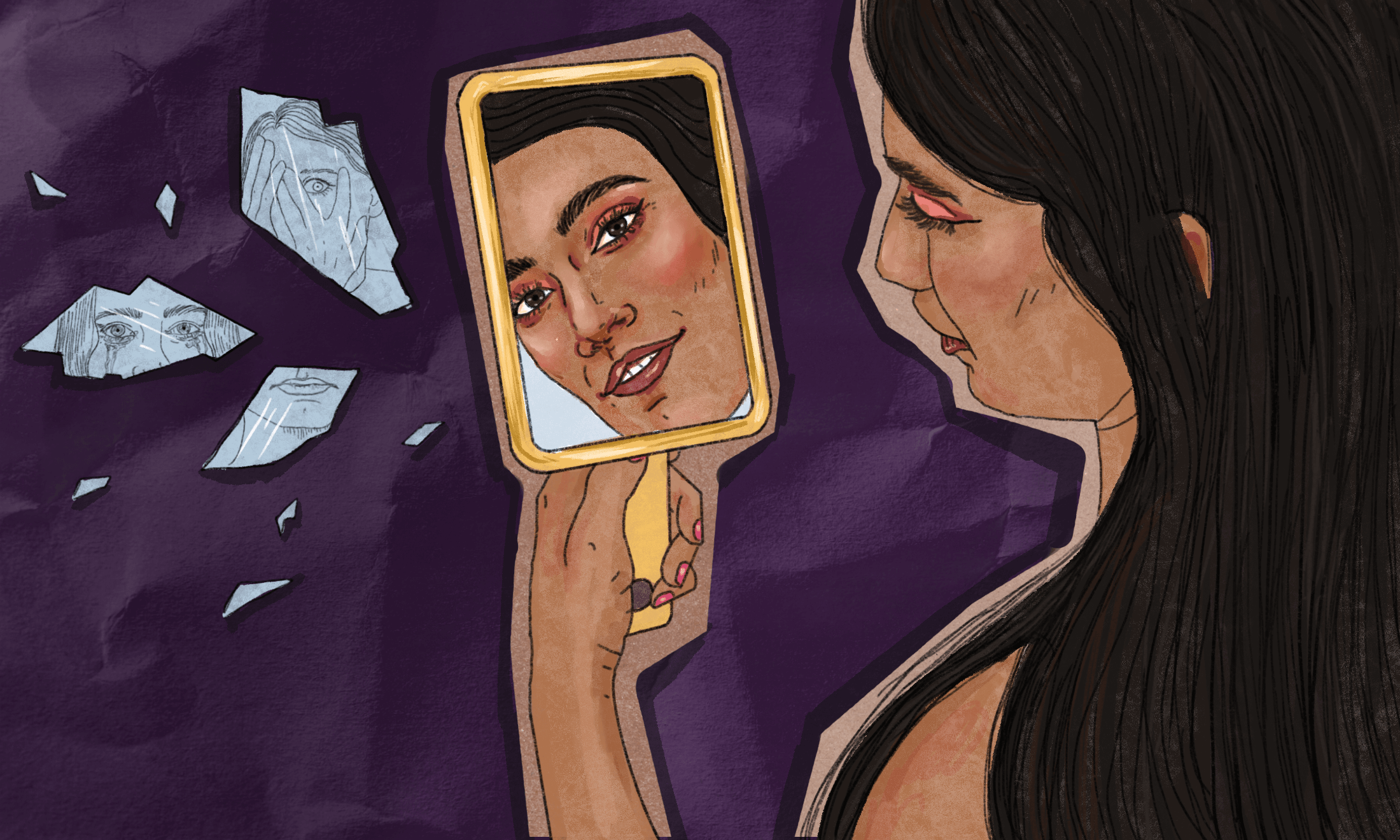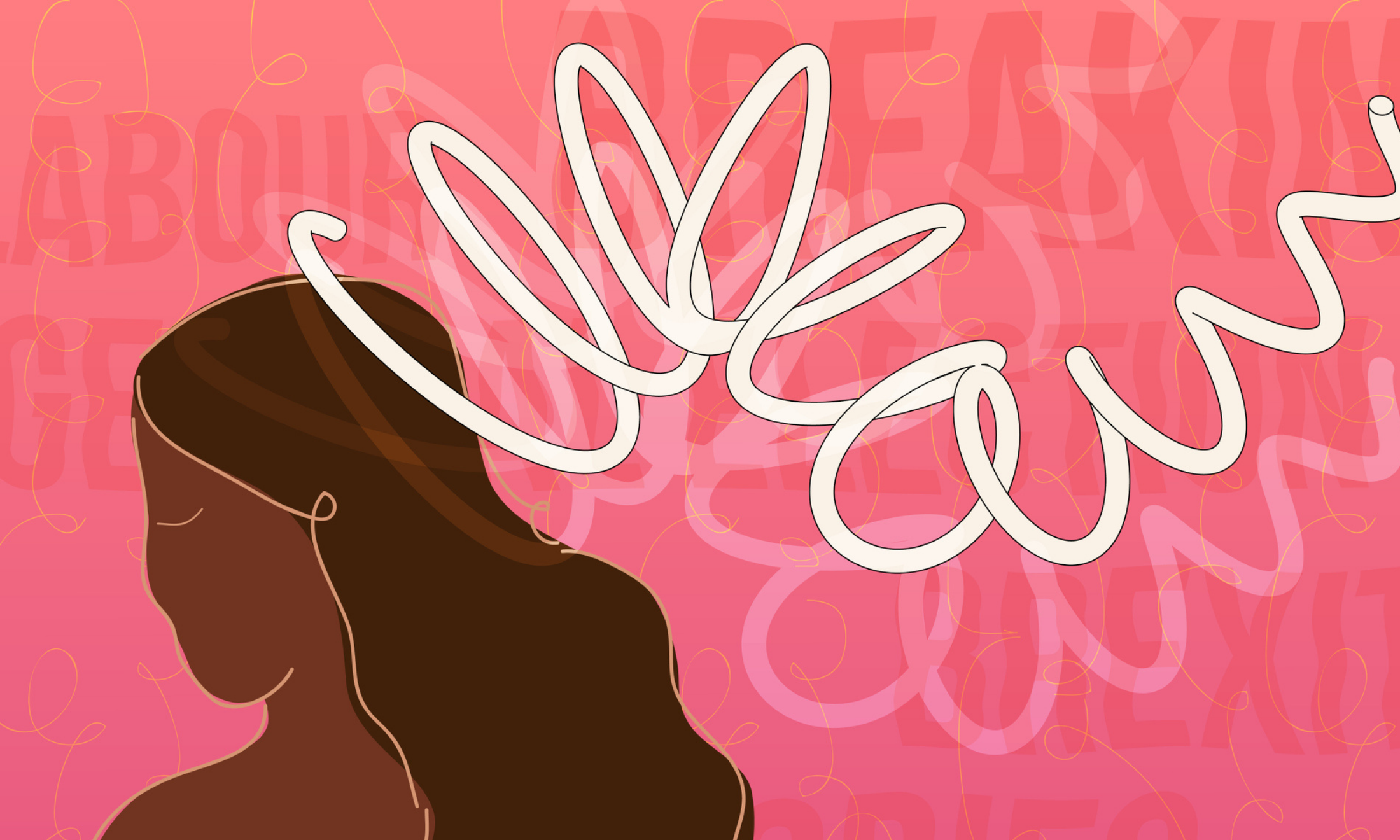
Michelle Wong
How to claw your mental health back from a politics-induced existential crisis
Kemi Alemoru
22 Dec 2019
This election was bad for my health. I knocked on doors in the cold, then caught a cold and subsequently the flu. I had very few lie-ins due to far too many anxiety-induced sleepless nights, wondering if the world might finally cave in on itself. It’s a familiar feeling amongst my peers: staring bleary-eyed, our faces illuminated by our night vision screens as we fall deeper into the TL, sifting through lies, triggering racism, occasionally engaging in fights where we defend our existence or the values we hold dear. It’s also known as an existential crisis.
The last couple of years has undoubtedly taken its toll on a lot of people’s mental health. There is startling inequality: the world’s richest 62 people on the planet are worth more than half the world’s population put together. The number of young people in the UK who believed life was not worth living has doubled in the last decade. Eco-anxiety and climate grief are both terms coined in recent years to describe the nihilistic dread that the earth and our species are being slowly murdered by environmental changes.
Symptoms can be physical, culminating in panic attacks, loss of appetite, and insomnia. In 2018, 69% of the Stress in America survey conducted by the APA viewed the future of their country as a trigger for stress. The global rise of far-right nationalism isn’t helping either. The Washington Post previously wrote about Trump Hypertensive Unexplained Disorder, a phenomenon that arose after Donald Trump rose to power which means some people are feeling depressed, grinding their teeth, feeling a tightness in their chest, and have developed obsessive thinking.
“Our conversations start in a whole host of ways but they’ll often end the same way. Racist trolls online? Sounds like a good time to talk about how the world is fuelled by white supremacy”
A constant state of unease is a completely understandable response to this hellscape. Speaking to my “snowflake”, hard-left, social justice warrior friends, I’ve noticed a familiar pattern. Our conversations start in a whole host of ways but they’ll often end the same way. Racist trolls online? Sounds like a good time to talk about how the world is fuelled by white supremacy. Homophobia, transphobia, Islamophobia, xenophobia, work stress, job insecurity, fatigue triggered by overwork: file absolutely all of it under late capitalism.
I realised the issues that were causing such a visceral reaction weren’t personal but deeply political and began looking for something that could utilise to help my mental state. Searching for the words “existential therapy” on Google returned results for a professional who has heard it all when it comes to the deep-seated dread that comes from actually paying attention to what is going on and worst of all caring.
Mary-Claire Wilson is an integrative therapist who specialises in areas of psychology that tackle these crises. She describes herself as an integrative psychotherapist, bringing together a range of modalities which she can switch between minute-to-minute during a session. For example, existential therapy focuses on the human condition and tackles some of the feelings of meaninglessness and mortality. CBT tackles a person’s core beliefs, “I’m a bad person and the world is terrible”. Psychodynamic therapy seeks to focus on the things that make our minds and emotions do the things they do. Humanistic therapy seeks to establish a less medical model where one person represents an expert, and the other, a case. Logotherapy, meanwhile, focuses on where we find meaning in the world.
“With the spiral you described that ends up with a blanket statement like ‘this thing is destroying the earth’, there seems to possibly be a touch of black and white thinking, coming in at that point,” Mary-Claire explains. She has heard it all when it comes to the deep-seated dread that comes from actually paying attention to what is going on, and worst of all caring. “Try to increase the colour palette.” This may be easier said than done.
Pema Monaghan, a bookseller who works for a small publishing house, has been fighting with her family in their group WhatsApp chat. She told them: “‘I can’t have a baby because I am just bringing them into a burning world and they will have a short and desperately sad life.’ My sister was like, ‘wtf’.” Pema lives in Australia which is currently experiencing the worst fires in our history, destroying more than 700 homes. “No one wants to talk about it, it’s a massively bad conversation piece, but it’s the end of the world right now.”
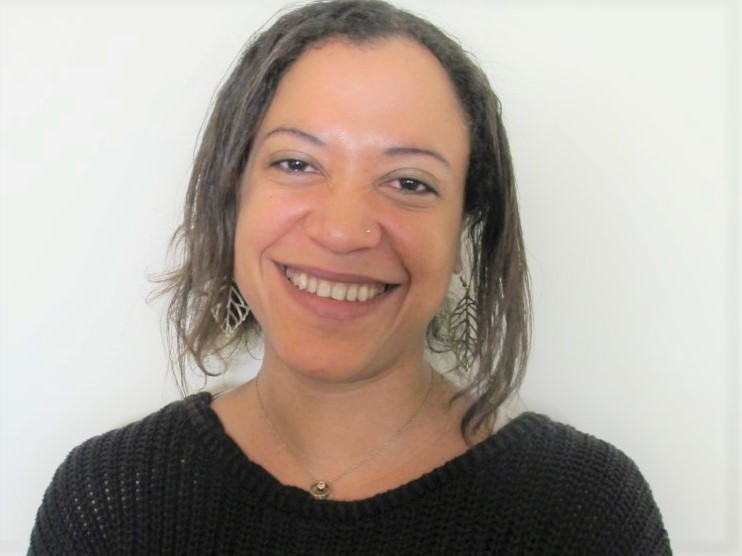
But she’s not alone, this echoes the responses of other people who follow me on Twitter, one pregnant woman was terrified of bringing her child into a world where they may have to “fight with neighbours” over access to Evian water and told me “cognitive dissonance” was her only coping strategy. Another, called Courtney, said almost all the conversations she has about politics or the state of the world end “with a sense of hopelessness”. “It’s a very empty lonely feeling. I have actually got physically upset about it all, it’s like grief. When you see what’s happening in the countries when you see the NHS and homelessness – I’m exhausted.” Mary-Claire is understanding, acknowledging that there seems to be an increase in fears around a dystopian future at the moment. “Who is to say these aren’t realistic fears?”
As a therapist, she sees patients who are impacted by their race, gender, and class and takes into consideration how macro-oppressions you encounter on a daily basis weigh on you. “For me the personal is political,” she says. “Things like employment figures, education, status, class and money are big issues. But sometimes it can be something small like being racially profiled in the supermarket.” While a lot of us may feel like the issues that bother us are to do with the state of the world, Mary-Claire thinks there is usually some interplay with our own personal histories. If we’re triggered by the normalisation of homophobia, for example, it may be that we’ve been bullied for this at some point in life.
“My stance is that it’s not so much about feeling better, feeling good or confident, as it is at being better at feeling,” she says. In other words, being oppressed hurts and we should allow ourselves to feel that hurt because pushing those feelings away is when symptoms like anxiety and depression arise. “There’s something about noticing the hurt that helps increase resilience.”
“It’s not so much about feeling better, feeling good or confident, as it is at being better at feeling”
Mary-Claire Wilson, integrative therapist
In an age almost completely devoid of nuance, Mary-Claire believes that may ultimately be what troubles us most. We should, she says, think of all the shades of difference that could be influencing people and culture as a whole might give us some respite. “There’s something about the divisiveness of the current climate, people are either all good or all bad,” she says. “Our psyches have a tendency towards this split.”
If, right now, you feel like we are just tiny inconsequential ants being crushed under the weight of a mammoth system of inequality that thrives on having people on the bottom fighting with each other rather than looking up to the top, try looking around for lighter moments. Mary-Claire adds: “The possibility that ‘X’ thing is having a significant negative impact on the world, that’s probably undeniable. Is it also possible to think about the things that are having a positive impact and challenging the negative impact. Or even focusing on a small moment of joy or connectedness through your own personal life.”
Did this make me feel better? Not immediately. It felt a little bit like telling someone that the best way to feel better in a house fire is to put your headphones on and listen to James Blake because that is your happy place. It feels ineffective to focus on yourself when there’s so much going on.
However, moving forward, we all have a lot of healing to do. If these thought spirals are familiar to you then a period of reflection is crucial to looking after yourself. As Mary-Claire outlines, the feelings won’t go away, and we need space to acknowledge that real-world problems that create genuine anxiety and fear. However, the answer may be to immerse and educate yourself in forces of change, do mindfulness and remind yourself of the things that make you feel happy and connected. The world may still feel like it’s burning, but we can’t effectively extinguish it if we burnout.

Britain’s policing was built on racism. Abolition is unavoidable

How Pakistan’s Khwaja Sira and transgender communities are fearing and fighting for their futures

Their anti-rape performance went viral globally. Now what?



